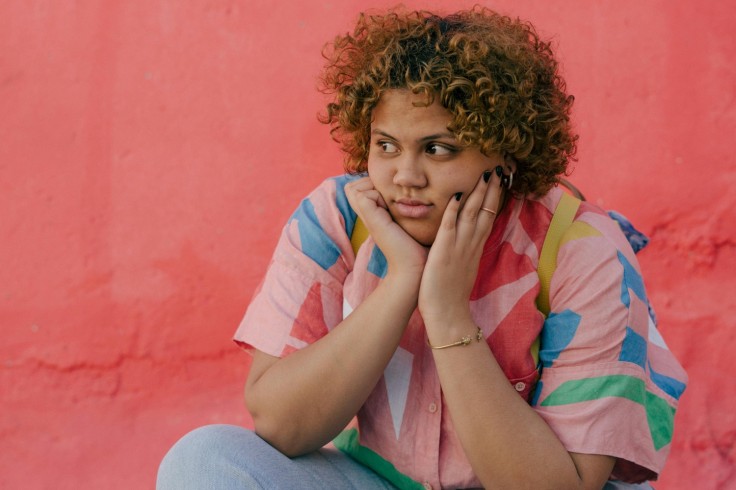
On Thursday, a federal judge did not make an immediate decision after hearing arguments about whether to remove a lawsuit filed by Darryl George, a Black high school student asserting racial and gender discrimination after his extended punishment by his Texas school district for refusing to change his hairstyle.
Darryl George violates the School District Dress Code
Darryl George, 18, has been absent from his regular classes in the Houston area since August 31 because Barbers Hill School District claims his hair length violates their dress code.
The district contends that George's long hair, styled in tied and twisted locs, breaches their policy as it would extend below his shirt collar, eyebrows, or earlobes if let down. They argue that other students with locs comply with this length policy.
Last year, Darryl George and his mother, Darresha George, filed a federal civil rights lawsuit against the school district, its superintendent, his principal and assistant principal, Texas Governor Greg Abbott, and Attorney General Ken Paxton.
The lawsuit blames the accused for cooperating in or failing to avoid racial and gender discrimination through George's punishment over his hairstyle.
"I'm just happy that we're here. We finally made it here. This is another stepping stone we have to cross. It's been a long road and we will just be in this fight," Darresha George said after the court hearing on Thursday.
The lawsuit also demands George's punishment breaches the CROWN Act, a state law authorized in September that prohibits race-based hair bias, hindering employers and schools from penalizing people for their hair texture or protective hairstyles, including Afros, braids, locs, twists, or Bantu knots.
Furthermore, the suit asserts that George's First Amendment rights to free speech and expression are being disregarded. For most of the school year, George, a junior, has either been in in-school suspension at Barbers Hill High School in Mont Belvieu or at an off-site disciplinary program.
George's Attorney said the District's Policy is Discriminatory
On Thursday, George's attorney, Allie Booker, told U.S. District Judge Jeffrey Brown that the district's policy is discriminatory and not race-neutral.
Booker argued that the school district made religious exemptions for hair length but did not comply with the CROWN Act by not offering race-based protections. She also pointed out the inconsistency in allowing girls to have long hair while prohibiting boys from doing so.
Judge Brown asked if there was any case law indicating hair length as protected expressive conduct under the First Amendment.
While Booker admitted she hadn't found any, she argued that George's case is precedent-setting and that self-expression through hairstyle doesn't need to be religiously based to receive legal protection.
"It's not about the length of hair, it's about acceptance for all in the same manner," Booker said after the hearing. Jonathan Brush, the attorney for Barbers Hill School District, maintained that the district's policy is race-neutral and that George's lawsuit failed to demonstrate a significant pattern of racial discrimination.
Brush also stated that different hair length restrictions for boys and girls do not constitute discrimination and that the policy would hold up in workplaces and the military. He argued that George's First Amendment rights weren't violated because his hairstyle didn't communicate a message to the world.
Darresha George has emphasized that her son's hairstyle has cultural and religious significance. Historians note that many African American hairstyles carry deep cultural importance.
Judge Brown indicated a tendency to dismiss Abbott and Paxton from the lawsuit, along with some claims against the superintendent and school administrators, with a final ruling to follow later.
In February, a state judge ruled in favor of the school district in a related lawsuit, stating that its punishment does not violate the CROWN Act.
Barbers Hill's hair policy faced a similar challenge in a May 2020 federal lawsuit by two other students, who both withdrew from the high school.
However, one returned after a federal judge granted a temporary injunction, suggesting a "substantial likelihood" of violation of his rights to free speech and freedom from racial discrimination. That lawsuit is still pending.
Darryl George declined to comment after the hearing. His attorney, Booker, noted that George is feeling down because he has struggled to find a summer job and fears that those who disagree with his case will continue to hold it against him.
Related Article: Texas High School's Hairstyle Policy Sparks Controversy: Black Student's Dreadlocks Lead to Alternative Education Placement